English Literature
|
Powerful Knowledge |
|||||||||||
|
The AQA B syllabus is predicated on two key literary concepts: theory and genre. Students consider how and why these are so significant in making sense of literary texts and how they might be interpreted. At Stowupland we have chosen to follow the tragedy and political and social protest genres route through this syllabus. This builds on prior knowledge of these genres at KS4 through studying ‘Romeo and Juliet’ or ‘Macbeth’ (tragedy) and ‘An Inspector Calls’, ‘Blood Brothers’ and ‘A Christmas Carol’ or ‘Silas Marner’ (political and social protest) at GCSE. The three units in AQA B we study are:
Study of tragedy as a genre allows students to understand the roots of this genre in Ancient Greece and Aristotle’s theories of tragedy and how these have been adapted through the ages. An understanding of the fundamental structural codes and conventions of tragedy, such as peripeteia and catastrophe, allow students to appreciate the nature of genre itself as a specific patterning of ‘repetition and difference.’ Key Skills which students are taught to develop through KS5 :
In the NEA unit, students become aware of the significance of different critical theories and how these allow texts to be read and interpreted from different ‘lenses’ or perspectives. These also allow students to understand how the study of Literature is linked to wider cultural theories and forces such as feminism, Marxism and post-colonial theory. |
|||||||||||
|
Literacy |
|||||||||||
|
At the heart of the teaching and learning of English Literature is reading, writing, speaking and listening. The texts studied at A level are more challenging than at GCSE and so there is a definite increase in the difficulty and level of challenge in the independent reading needed. The complexity of language and contextual knowledge and understanding required needs to be supported through carefully guided tasks and teaching explicit strategies such as the use of glossaries, understanding morphology to be able to break down potential units of meaning etc. Students are supported in their reading within the teaching of lessons, with group activities and discussion based around the texts in question. Students are encouraged to develop a glossary of key subject terminology as the course progresses. Marking and feedback will also allow FIT tasks to be set to encourage students to develop and expand their critical and analytical vocabulary and be able to express their arguments and interpretations in a more nuanced manner.
|
|||||||||||
|
School Context |
|||||||||||
|
The texts we study have been chosen to engage, stimulate and challenge our students. The genres studied (tragedy and political and social protest writing) build on familiar contexts and themes that students have encountered in their GCSE English Literature set texts. All students study a Shakespeare play at GCSE and many other texts studied (‘An Inspector Calls’, ‘A Christmas Carol’, ‘Blood Brothers’ etc) draw heavily on ideas of social and political protest being at the heart of the author’s intentions in writing the text. They also allow students to understand how the contexts in which the texts were written and first received are integral to an understanding of these protest elements. As well as building on prior knowledge and understanding, the A level texts allow students to develop wider historical and cultural understanding through reading texts set beyond their own contemporary British society e.g Afghanistan in the 1980s and 1990s from studying ‘The Kite Runner’ and the position of women in 19th century society in ‘Tess of the D’Urbervilles’ and ‘A Doll’s House.’ We believe the inclusion of texts which develop an empathetic understanding of very different societies is of especial importance to our students due to the generally monocultural demographic of our cohorts. There is a high degree of cultural capital in the study of A level English Literature as so much prominence is given to the position of canonical texts and writers and their place in the literary landscape. Reading such texts provides students with an insight into the great writers of the past. Where possible, study of set texts is enriched by theatre visits or other cultural experiences such as exhibitions or university outreach.
|
|||||||||||
|
Assessment |
|||||||||||
|
Throughout the course students have regular assessments set in class and for homework which allow them to progress and be fully prepared for the final exams. These are assessed using the AQA assessment criteria and students are all given a simplified version of this so they understand:
Modelling by the teacher or in the form of exemplar answers is an integral part of all assessment. All practice questions and mock exam results are tracked on Go 4 Schools so there is a comprehensive bank of evidence for each student to map and monitor their progress throughout Years 12 and 13. Final Summative assessments
|
|||||||||||
|
Careers |
|||||||||||
|
Students’ development of analytical and evaluative skills which are key to their study of English Literature are integral to many future paths of Higher education and professional careers The ability to read critically and assimilate information and recall and select specific details is likewise a valuable skill. English Literature is well regarded as an academic A level and was a Russell group facilitating subject. English Literature combines with many other A level subjects which require students to be able to select evidence judiciously, form and sustain a line of argument, express complex ideas cogently in speech and writing. It prepares students for a huge range of higher education and career pathways in English, History, Politics, Drama, Psychology, Law, Business, Marketing etc. |






